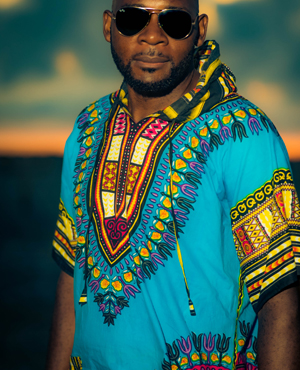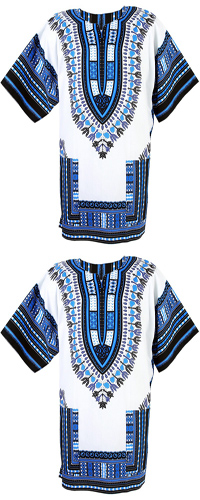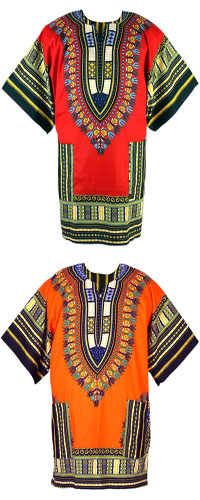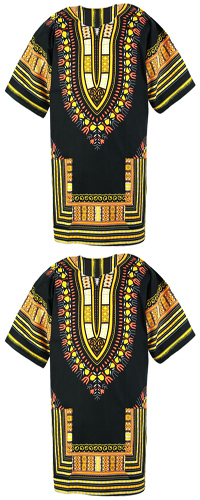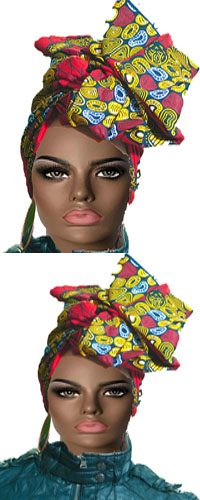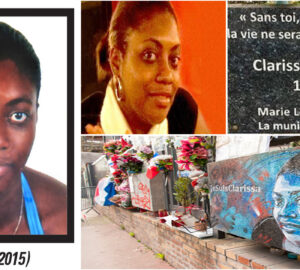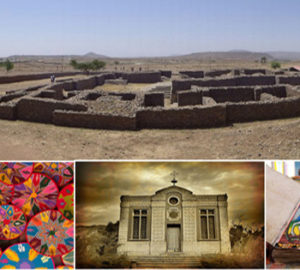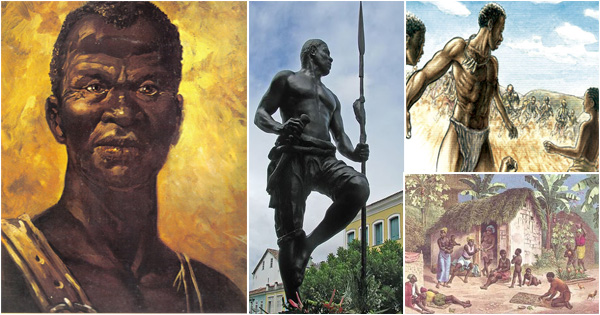
Zumbi dos Palmares: hero of the struggle against slavery in Brazil
Context
Thousands of African slaves were deported to work in the sugar cane fields and in the mines. African slaves developed a traditional martial art fighting “capoeira” inspired by the ancestral dances and combat techniques of the Kingdom Kongo (Angola, Democratic Republic of the Congo, Congo -Brazzaville and Gabon). When the slaves manage to escape, they constitute Quilombos, that is to say, hidden communities that live in forests.
Who is Zumbi dos Palmares?
Zumbi Dos Palmares is the great leader of the Afro-Brazilian resistance. A symbol and hero of the struggle against slavery and colonialism, he marked the spirits and hearts of Afro-Brazilian millions. The date of his death, November 20, 1695, is celebrated, as it is the day of Afro-Brazilian conscience and resistance.
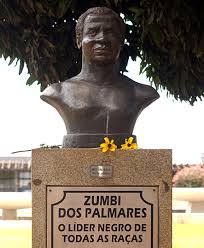
Youth of Zumbi dos Palmares.
Zumbi was born in 1655, in the state of Alagoas. At the age of 7, he was arrested and taken prisoner by Portuguese soldiers during the Bras da Rocha Cardoso expedition. Then, it is delivered to the Jesuit Catholic priest Antonio Melo to help him in the celebration of the Mass. Zumbi was then baptized and named Francisco. During this time, he learned Portuguese, Latin, algebra and the Catholic religion.
At the age of 15, he managed to escape and went to live in the Quilombo dos Palmares. The Palmares is a free autonomous community of African slaves fugitive plantations, Indians and poor whites expelled from farms. It is located in the region of Serra da Barriga, which is currently part of the municipality of União dos Palmares (Alagoas). The original inhabitants of Palmares were composed largely by people of the Bantu group in Africa. They struggle to free the imprisoned slaves and fly in parallel weapons and food to defend themselves and survive. In the Palmares, Zumbi abandons the name of Francisco for Zumbi which means the one who died and was resurrected in imbagala tribe dialect of Angola.
Zumbi, the courage of an African warrior.
Courageous, he quickly became one of the leaders of the Palmares, which has about 30,000 inhabitants. He perfected himself in the martial art of combat “capoeira. In 1675, the Quilombo dos Palmares was attacked by the Portuguese soldiers. A skilful strategist and formidable warrior, he managed to defeat the Portuguese army in a bloody battle. Constrained, the Portuguese army retired to the city of Recife.
Three years later, the governor of the province of Pernambuco, Pedro Almeida, approaches the leader Ganga Zumba to attempt a precarious peace agreement. Chief Ganga Zumba agrees, but Zumbi opposes him and refuses the agreement, as he wants all African slaves to be free and not only those who live in the Palmares.
In 1680, Zumbi became the official leader of the Quilombo dos Palmares, leading the resistance against the Portuguese settlers. The community develops and reinforces, obtaining several victories against the Portuguese soldiers. Courage, perseverance, military skills and organization are many assets that the community has.
1694, the end of Zumbi dos Palmeres.
In 1694, the Portuguese army led by generals Domingos Jorge Velho and Vieira de Mello invaded Cerca do Macaco, the main square of Palmarès. After an intense battle, the siege of Quilombo, is totally destroyed. Wounded, Zumbi manages to escape, but will be betrayed by an old friend, who will hand him over to the troops of Bandeirante. On November 20, 1695, the Afro-Brazilian leader Zumbi dos Palmeres was beheaded and his head was posted as a trophy by the Portuguese soldiers as a warning to the other slaves.
Nowadays, in Brazil.
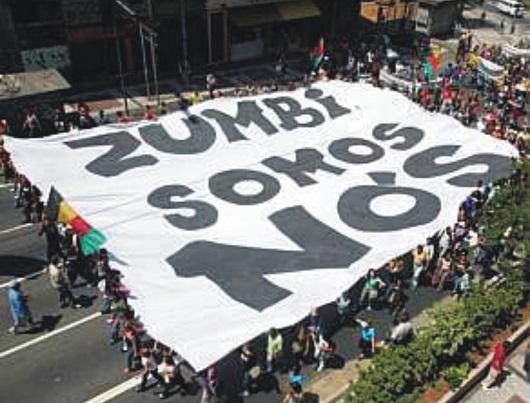
The name Zumbi dos Palmares has gone through time. He is a national hero in Brazil. That is, a courageous man, displeased with his social status, who has decided to face his tormentors and free his people. The date of his death, November 20, 1695 is the day of the black consciousness “el Dia de Consciência Negra” and the Afro-Brazilian resistance. Sao Paulo State University is named after Zumbi and Brazilian artist Jorge Ben also wrote a song in his honor. Zumbi is considered the greatest leader of the Afro-Brazilian resistance, who fought at the peril of his life against colonialism and slavery. President Lula has made teaching the history of Afro (Brazilians and Africans) a priority in schools in Brazil.
Did you hear about the history of this Afro-Brazilian warrior?

